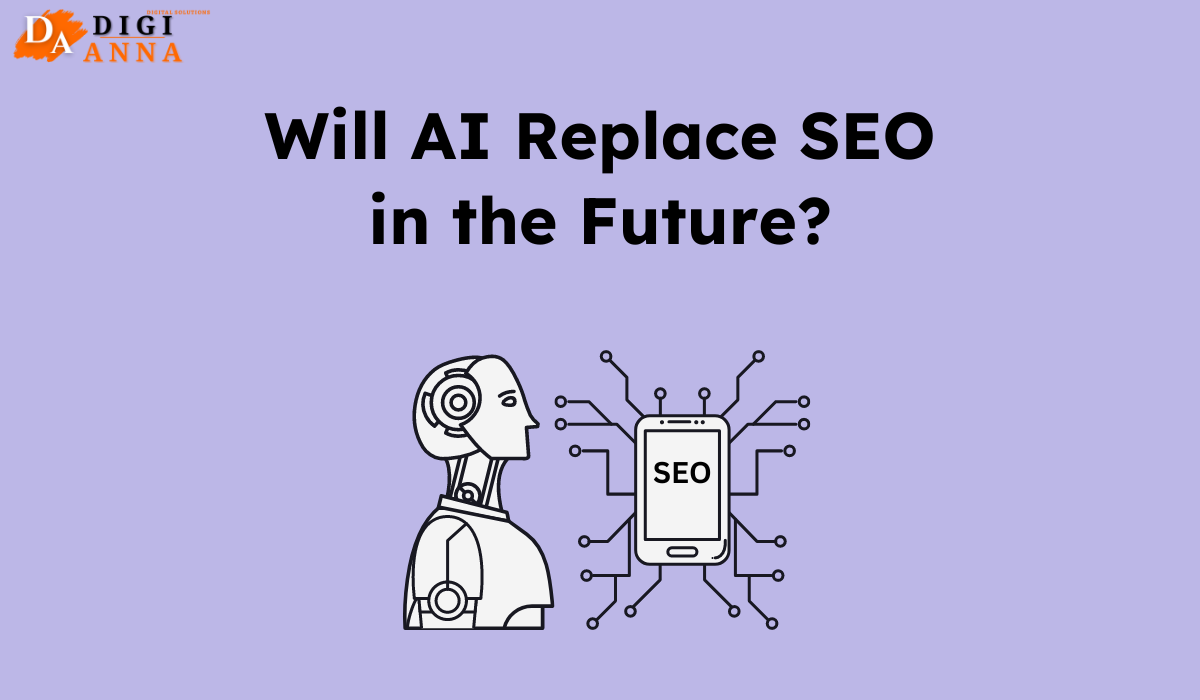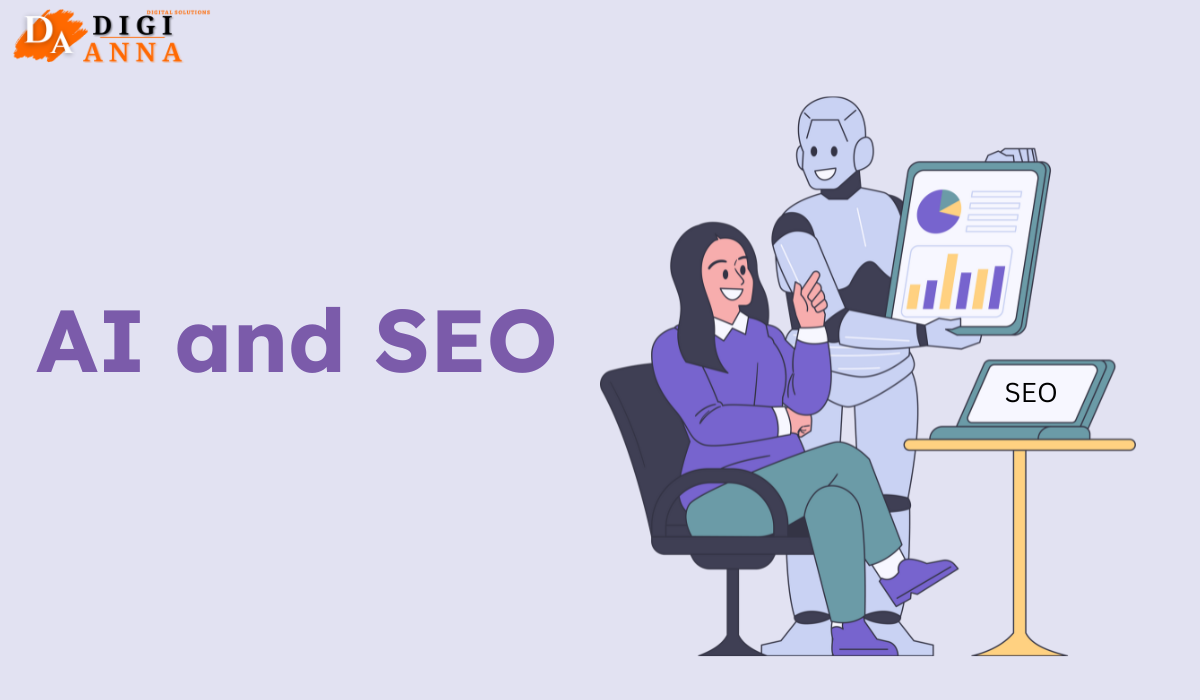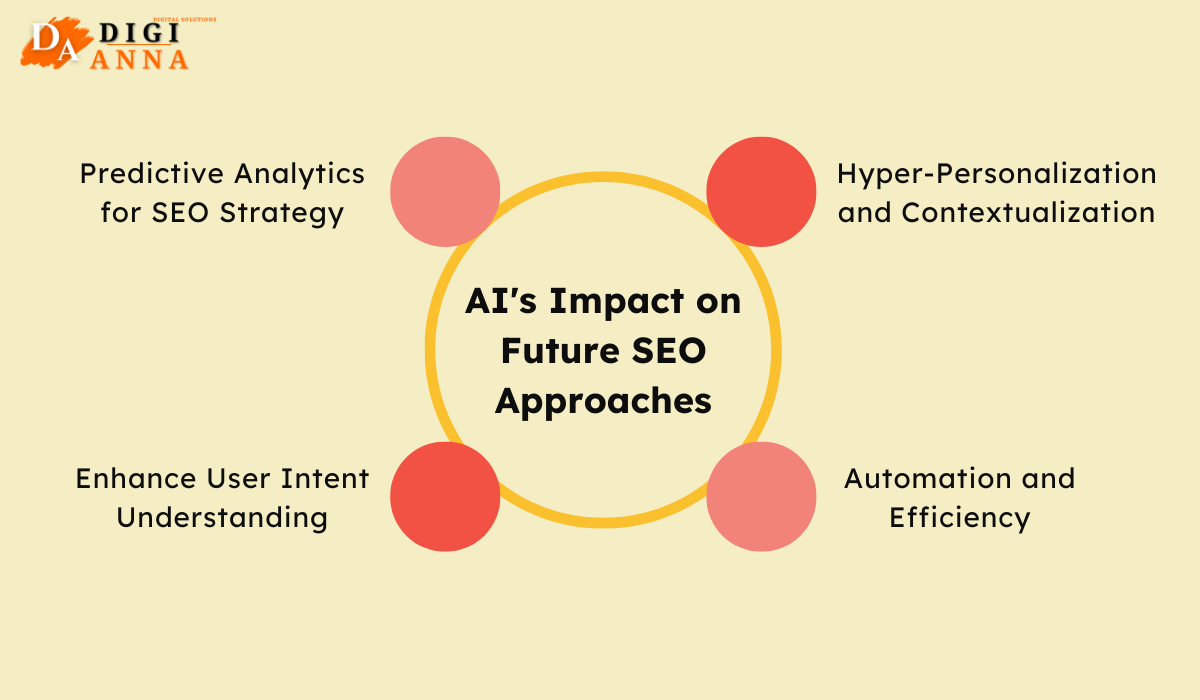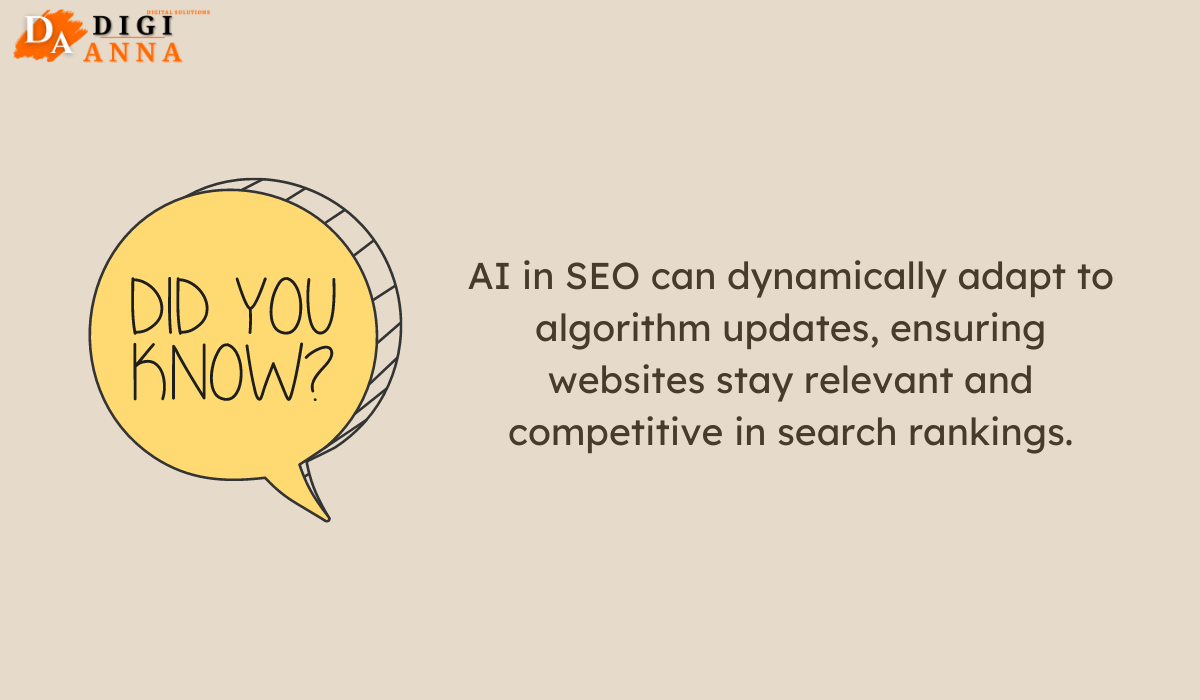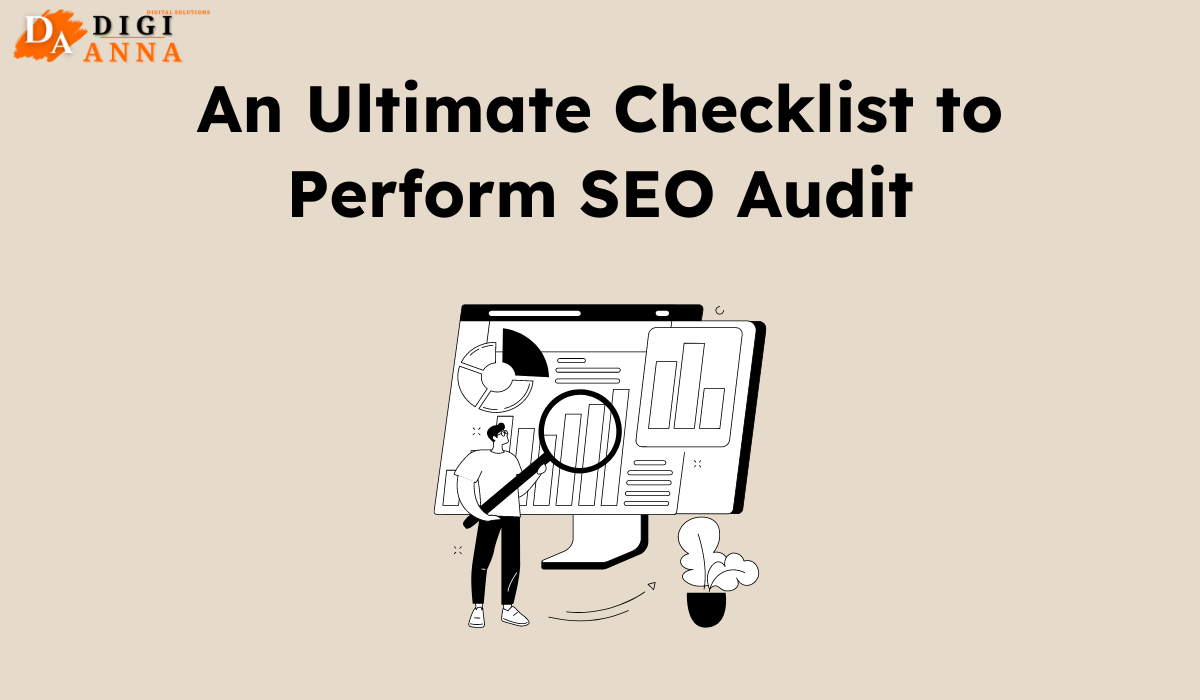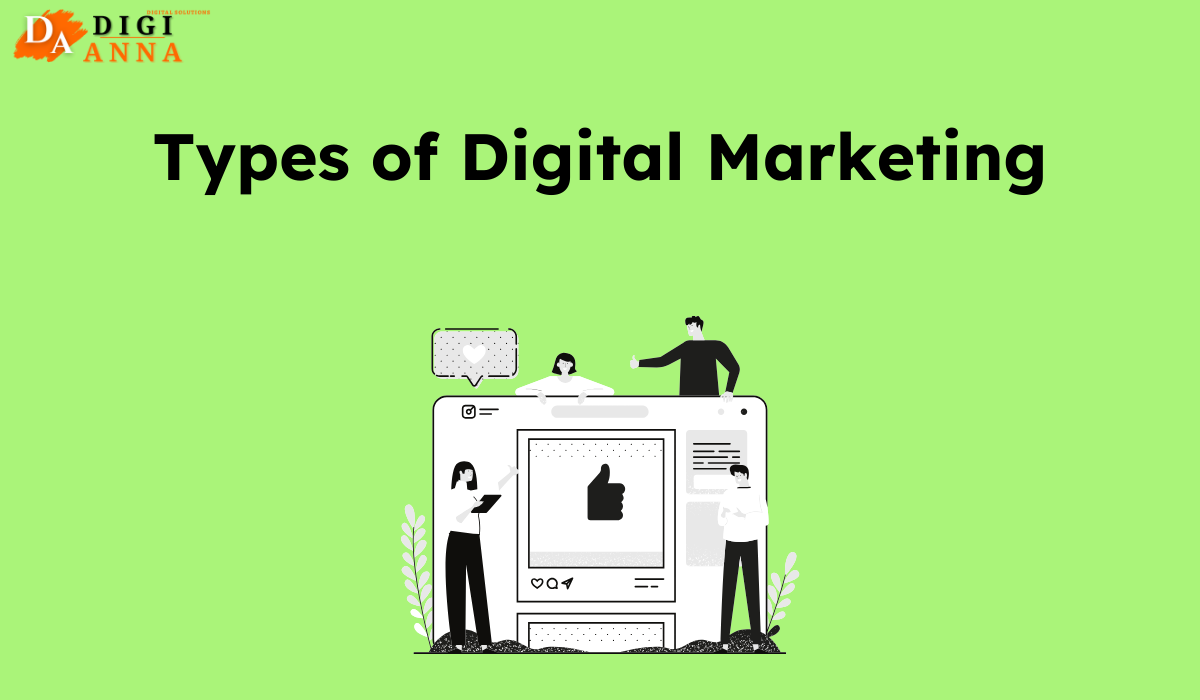In this digital era, SEO builds the path to success for businesses. At every step, Artificial Intelligence is there, influencing how things happen. However, it is wave-roaring that AI is entering the world of SEO. Is it exactly pointing its action towards changing the face of SEO? That’s right! Artificial Intelligence is all set to make its way into the core of search engine optimization. With all these long-held debates and discussions, the answer of the decade is whether AI will replace SEO. Well, AI for SEO is gaining attention and pacing up the game, but it cannot replace SEO. It requires the human touch and the implementation of the right thing at the right time.
Instead of replacing it, we must adapt to how AI will enhance SEO practices and boost website ranking more efficiently than ever. Still, the debate will continue for a while. Hence, we have prepared the blog to delve into whether AI will replace it and how it will affect our efforts. Keep reading!
AI and SEO
Before delving into the potential future of AI in SEO, it’s essential to grasp the fundamental concepts of both. AI, or artificial intelligence, refers to developing computer systems capable of performing tasks that typically require human intelligence. On the other hand, SEO involves optimizing websites to improve their visibility and ranking on search engine results pages (SERPs). Initially, AI and SEO may seem unrelated, but their intersection holds tremendous potential for reshaping the digital marketing landscape.
The Current Role of AI in SEO
AI has already made substantial progress in the field of search engine optimization, transforming how professionals approach optimization tasks.
1. The Impact on Traditional SEO Practices
With the advent of AI, traditional SEO practices may undergo significant changes. Keyword stuffing and other outdated techniques are becoming less effective as search engines increasingly prioritize relevance and user experience.
2. Keyword Optimization
Traditionally, SEO relied heavily on keyword optimization to improve search engine rankings. However, AI-integrated algorithms use natural language processing to understand user intent and suggest exact match keywords. This shift requires SEO professionals to focus on creating high-quality, relevant content that comprehensively addresses user queries.
3. AI in Content Creation and Optimization
AI has also transformed content creation in SEO. With AI-powered tools, businesses can generate content at scale, from blog posts to product descriptions, with minimal human intervention. Even though AI can help create content for a website, it still requires human oversight to ensure accuracy and relevance.
4. Emphasis on User Experience
AI plays a crucial role in enhancing the user experience on websites. This requires SEO practitioners to prioritize factors like site speed, mobile-friendliness, and intuitive navigation alongside traditional optimization techniques. As a result, SEO strategies need to focus on user-centric design and optimization to provide a seamless browsing experience.
5. Personalized Search Results
AI algorithms personalize search results based on user behaviour, location, search history, and preferences. It necessitates a shift in SEO strategies towards creating personalized experiences to cater to individual user needs.
6. Enhance Data Analysis with AI
One of the primary advantages of AI in SEO lies in its ability to process and analyze data at an unprecedented scale and speed. AI algorithms can quickly identify patterns in user behaviour, keyword trends, and content performance, enabling marketers to make Information-centric decisions.
7. Shift Towards Voice Search Optimization
Virtual assistants like Siri and Alexa drive the rise of voice search technology, changing how people search for information online. AI plays a vital role in understanding and interpreting natural language queries, making voice search optimization a critical aspect of modern SEO strategies.
AI’s Impact on Future SEO Approaches
AI enhances and elevates the capabilities of SEO rather than replacing them, leading to a more symbiotic relationship between technology and optimization practices.
1. Predictive Analytics for SEO Strategy
AI-centric predictive analytics enable SEO professionals to forecast trends, anticipate algorithm changes, and adapt strategies proactively. It helps maintain visibility and relevance in search results over time.
2. Enhance User Intent Understanding
AI algorithms continually improve their understanding of user intent, allowing SEO professionals to create content that precisely addresses user needs and preferences, fostering deeper engagement and higher conversion rates.
3. Hyper-Personalization and Contextualization
AI uses personalization to customize search results and website interactions to match each user’s past interactions, preferences, and context. This hyper-personalized approach enhances user satisfaction and loyalty, driving organic and fostering ongoing traffic and conversions.
4. Automation and Efficiency
AI automation tools streamline various tasks, such as keyword research, content optimization, and analysing SEO metrics for performance tracking. By automating repetitive tasks, businesses can save time and resources while maintaining a consistent and analytical approach to SEO.
AI for SEO: Myth vs. Reality
Despite the promising advancements in AI for SEO, there are lingering myths and misconceptions surrounding its potential to replace traditional SEO practices altogether. One common misconception is that AI will render human expertise obsolete in SEO. However, AI can help with tasks and provide data-driven insights. Human creativity and strategic thinking remain invaluable in crafting compelling content and optimizing for user intent.
Challenges and Considerations
1. Ethical Concerns
AI presents a plethora of advantages for SEO, yet it raises ethical concerns, particularly regarding data privacy and algorithm bias. Businesses must ensure transparency and accountability in AI technologies to maintain user trust and adhere to ethical standards.
2. Human Expertise
Despite AI’s undeniable benefits, human expertise remains invaluable in SEO. Human marketers possess the creativity, intuition, and emotional intelligence necessary to craft compelling content and engage with audiences on a deeper level. Additionally, human intervention is essential to carefully understanding data findings and making smart choices that match the business’s goals.
3. Adaptability
The digital landscape constantly evolves, and SEO strategies must adapt to emerging technologies and trends. Staying abreast of emerging technologies and trends is essential for marketers looking to maintain a competitive edge. Embracing change and fostering a growth mindset allows SEO experts to navigate the evolving landscape confidently, especially with the integration of AI dynamics.
4. Collaboration, Not Replacement:
Rather than perceiving AI as a challenge to traditional search engine optimization experts, viewing it as a complementary tool that enhances human capabilities is more productive. Embracing AI-enabled tools and utilizing their insights enables SEO practitioners to streamline processes, pinpoint optimization prospects, and remain proactive in response to shifting search engine algorithms. Ultimately, the fusion of human proficiency with AI-driven technologies defines the future of search engine optimization.
What Does the Future Hold For SEO?
AI for SEOhas a bright future and will bring many benefits. Itplays a key role in SEO’s future owing to its ability to perform deep learning and natural language processing. Technology is evolving, and it is essential to sharpen SEO skills and take advantage of AI’s capabilities to keep up with changing trends. Adapting to an AI in the SEO landscape goes beyond surviving—it means coming out on top.
However, let’s not jump to conclusions. At the same time, artificial intelligence provides valuable insights and can streamline processes. Despite all the advances in AI for SEO, it is necessary to recognize the human touch, which brings successful ideas, creativity, and innovation.
Take advantage of AI evolution, but keep the human element in mind for effective search engine optimization strategies. It isn’t just about securing top rankings, but it’s about adding value, fostering connections, and enriching user journeys.
Conclusion
Integrating AI into SEO holds immense potential for businesses looking to enhance their online presence. However, the human element remains paramount, ensuring that creativity and strategic thinking continue to drive success in the ever-evolving digital ecosystem. As we navigate the intersection of AI and SEO, one thing remains certain: the future holds endless possibilities for those willing to embrace innovation and adapt to change.

